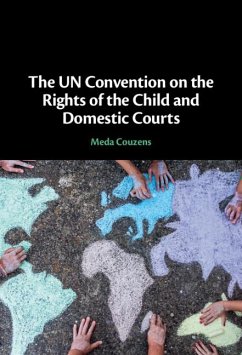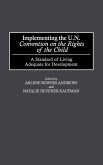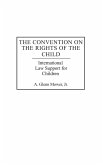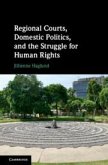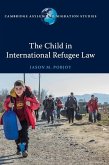This important contribution to children's rights scholarship brings fresh eyes to the complicated relationship between domestic law and international law in the practice of domestic courts. Through a critical assessment of the judicial application of the Convention on the Rights of the Child in four jurisdictions (Australia, France, South Africa and the United Kingdom), the book demonstrates that the traditional rules of reception remain an essential starting point in understanding how national courts apply the Convention but are unable to explain all forms of judicial engagement therewith. The book shows that regardless of the legal system (monist, dualist, hybrid), courts can apply the Convention meaningfully especially when the domestic structure of reception converges with it. The comparative international law perspective used in the book and the heterogenous sample of jurisdictions analysed enabled the author to distil insights valid for other jurisdictions.
Bitte wählen Sie Ihr Anliegen aus.
Rechnungen
Retourenschein anfordern
Bestellstatus
Storno

